The grand Georgian house that served as a Red Cross Hospital in both World Wars
Felthorpe Hall stands in a wonderfully private setting at the heart of its 125 acres of formal gardens, woodland, lakes and farmland.
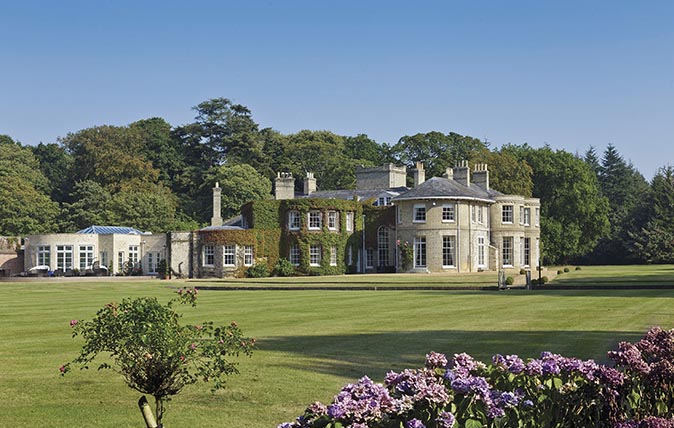

In the medieval period, Norfolk was the most densely populated and the most intensively farmed region in England and, as late as the mid 1800s, life in the county was dominated by more than 100 gentry families who owned estates of 2,000 acres or more.
After 1875, however, many big landowners were hit, not only by a nationwide agricultural depression, but by a burden of family debt accumulated over generations. As a result, from the 1880s onwards, great estates disappeared as parks, farms and woodlands were sold off to buyers from outside the county and members of England’s bustling new business ‘aristocracy’ enhanced their status by buying and restoring once-grand Norfolk halls and country houses.
Felthorpe Hall at Felthorpe was luckier than most of them. Currently for sale through Knight Frank at a guide price of £4 million, this handsome, Grade II-listed building in a small rural village eight miles north of Norwich had successive owners who lavished care and attention on the grand Georgian house and its grounds.
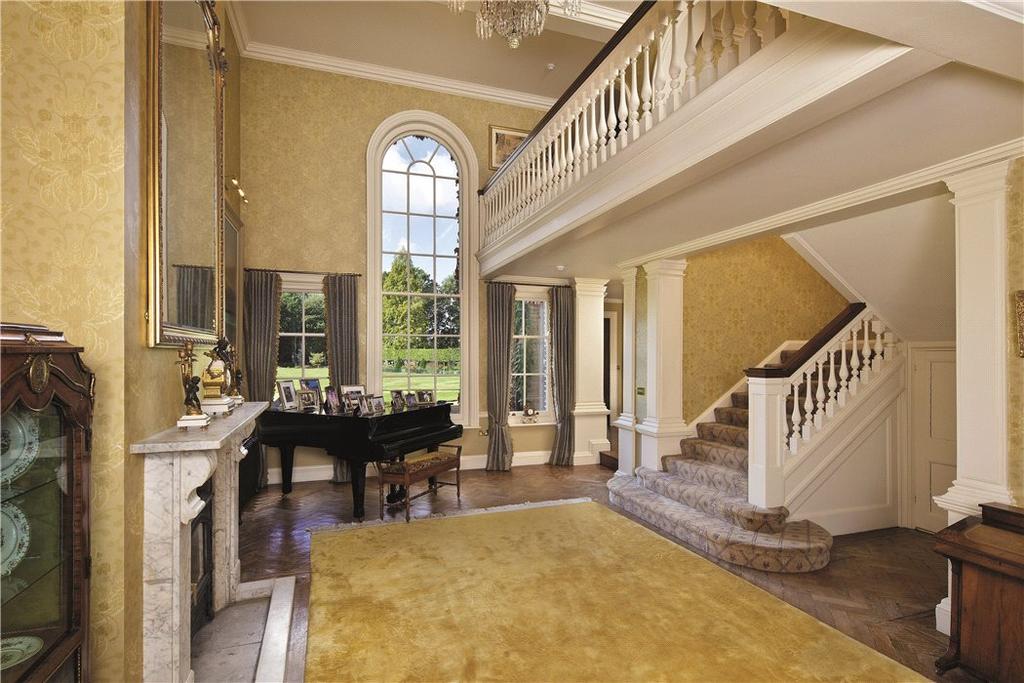
Consequently, despite being altered and extended over the years and serving as a Red Cross Hospital in both World Wars, the 14,360sq ft hall, which stands in a wonderfully private setting at the heart of its 125 acres of formal gardens, woodland, lakes and farmland, has retained the grace and elegance of a traditional family seat.
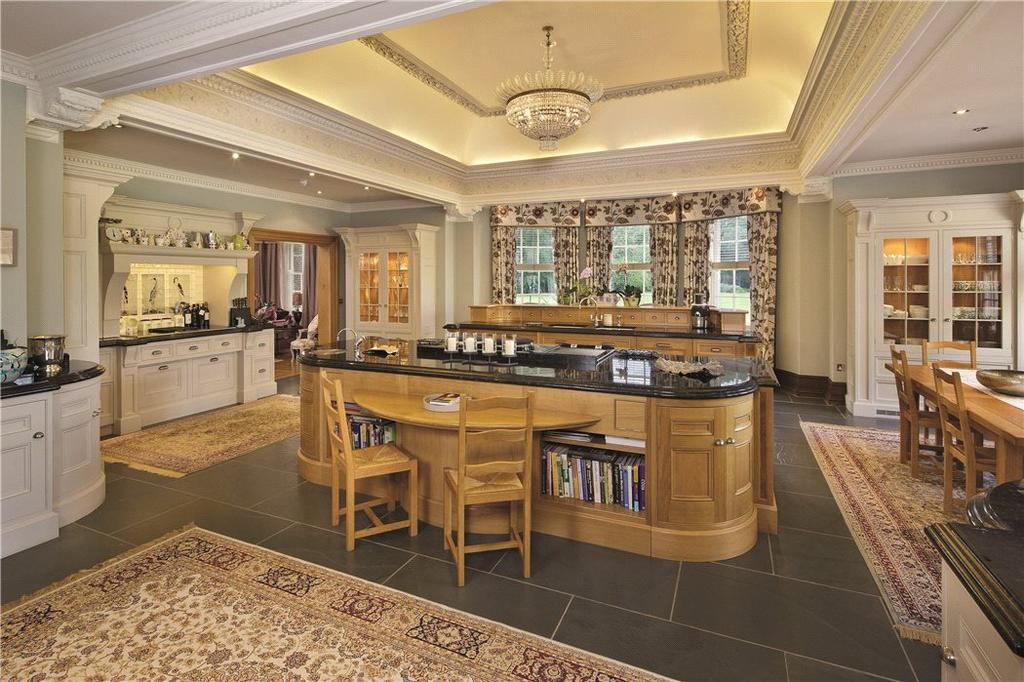
Built on two storeys of white gault brick under a slate roof by wealthy wine merchant John Geldart soon after 1825, Felthorpe Hall was later extended to the north, with the addition of a three-storey tower and a new porch and entrance between the original three-bay east wing and the later, four-bay north wing. For much of the 19th century, the hall was owned by the Fellowes family, county grandees whose philanthropy was appreciated by the local community.
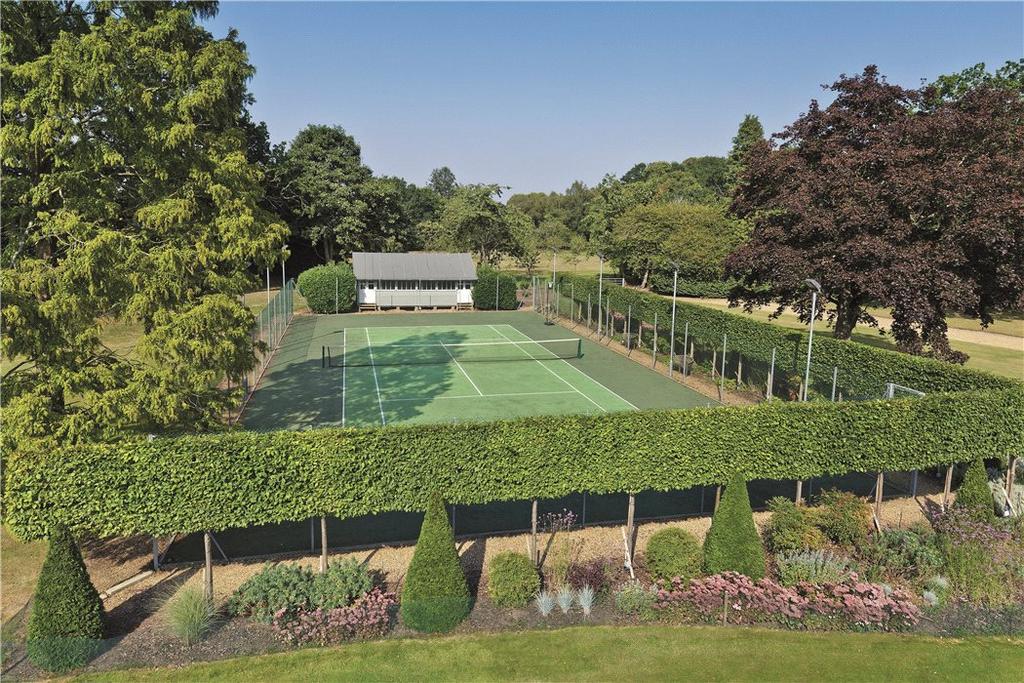
In 1935, Sir Basil Mayhew, the director of a London accountancy firm who was knighted in 1920, bought Felthorpe Hall, having married the former Beryl Colman, of the Colman mustard-milling dynasty. He went on to make his mark on the Norfolk business scene and was appointed High Sheriff of Norfolk in 1940.
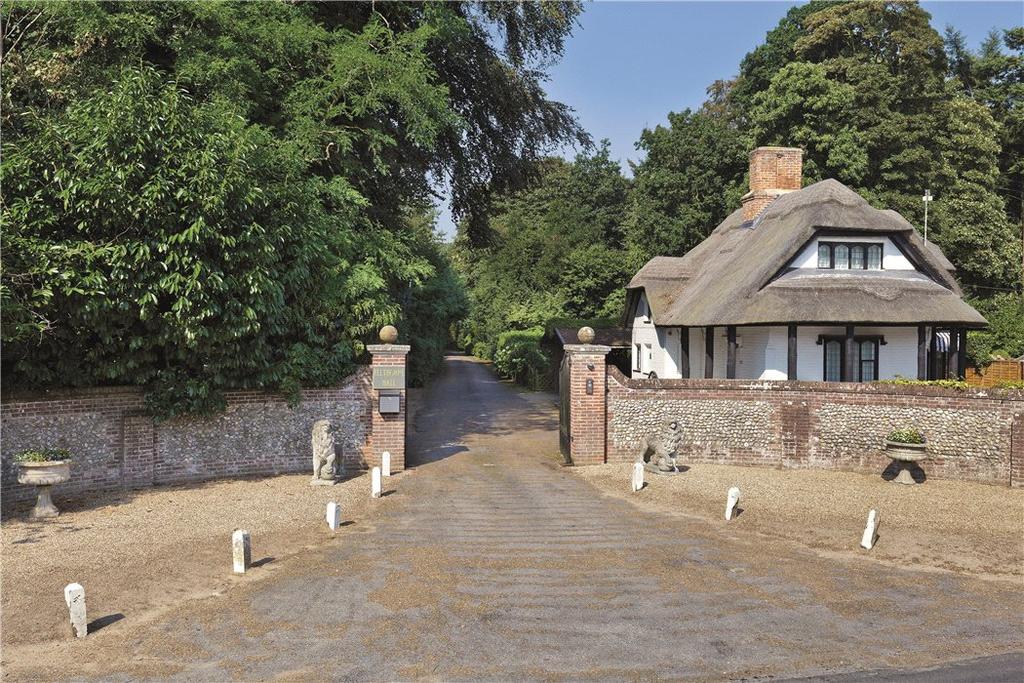
He altered and extended the hall on his arrival and owned it until 1958. Five years later, Felthorpe Hall was bought by the legendary Norfolk businessman Geoffrey Watling, who rose from running his father’s modest horse-drawn-transport business to become the owner of 200 different businesses in his lifetime; he’s especially revered for rescuing Norwich City FC from bankruptcy on more than one occasion.
Sign up for the Country Life Newsletter
Exquisite houses, the beauty of Nature, and how to get the most from your life, straight to your inbox.
Mr Watling lived at the hall until his death in 2004, by which time the property, which in his heyday had been the envy of his peers, was looking somewhat frayed around the edges.
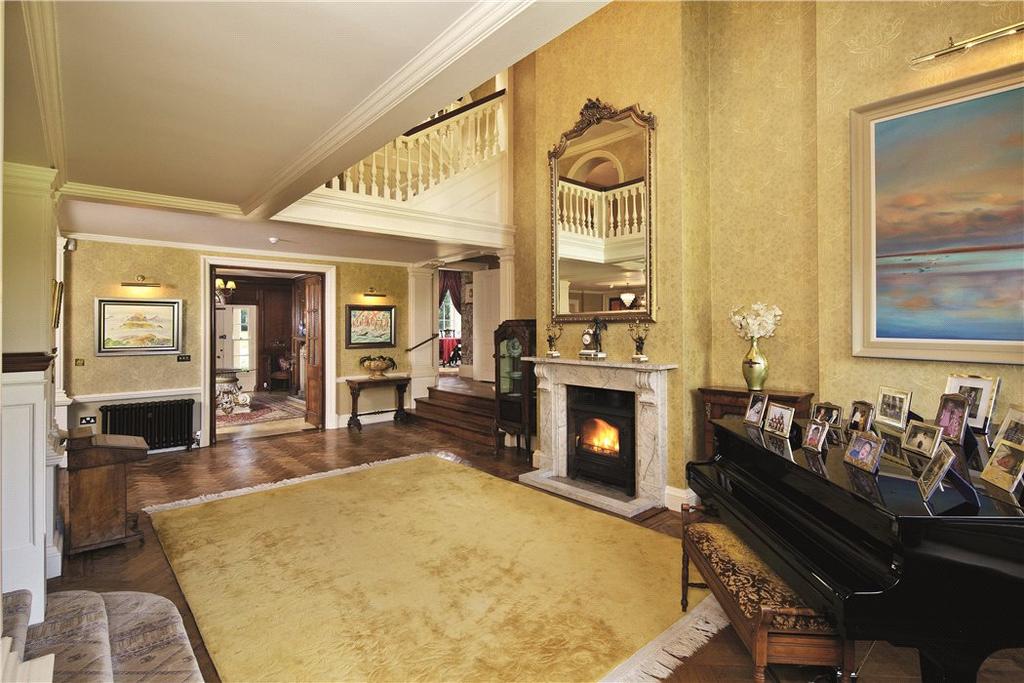
Three years or so later, the current owners acquired the hall and embarked on an inspirational renovation and modernisation programme that merited a Broadland Conservation Award in 2009.
The work included the installation of underfloor heating and air conditioning in the principal rooms, together with high-spec wiring and CCTV systems. The grand ground-floor reception rooms - in particular, the drawing room, dining room and morning room, which have wonderful views over the gardens and grounds - have all been restored to their former splendour.
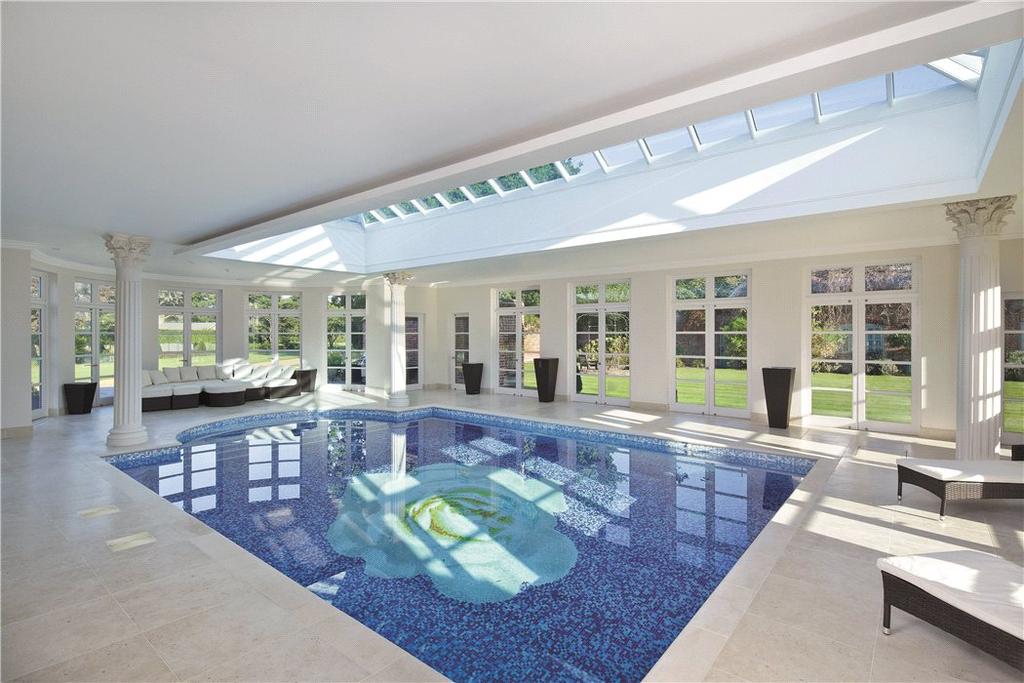
The bespoke, state-of-the-art main kitchen is a culinary work of art in oak and burr walnut, to the east of which is a gym and, beyond that, an indoor swimming pool. The first floor has been reconfigured to provide a sumptuous three-room master suite, three en-suite bedrooms, three further bedrooms and a bathroom, with two more bedrooms on the second floor.
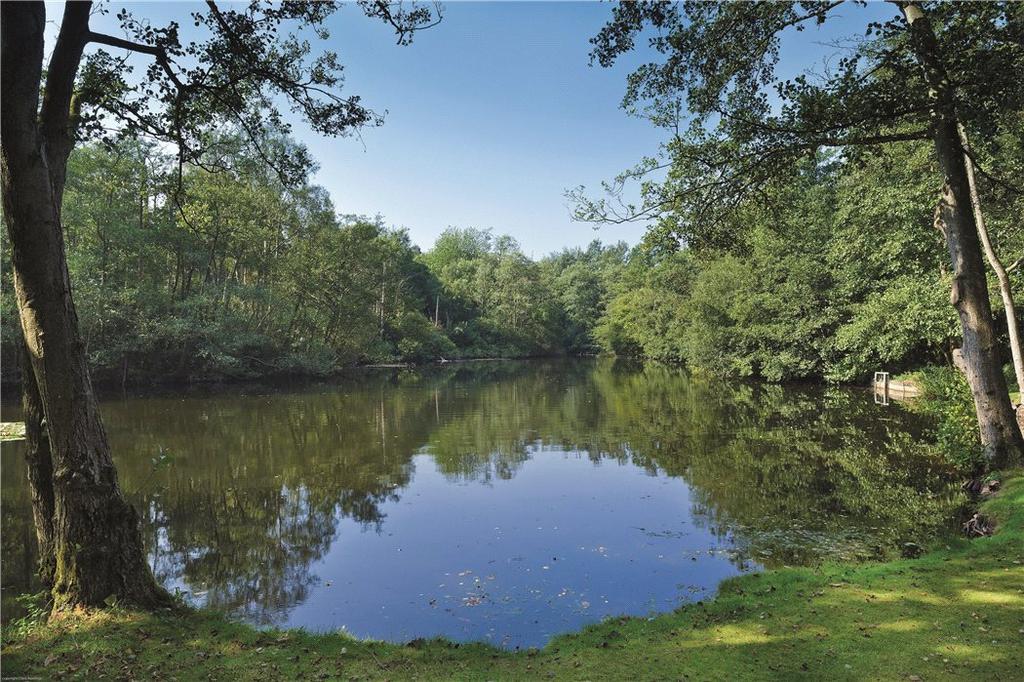
Further accommodation is available in the converted two-bedroom coach house and the pretty, two-bedroom thatched lodge cottage. With an eye to the future, a range of brick barns, for which various residential planning consents are in hand, has already been built to a shell.
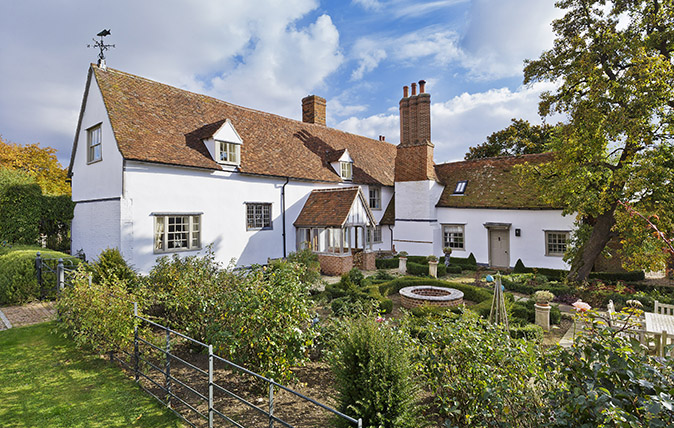
The house of Tudor England’s most infamous villain comes to the market
Following the Dissolution, Sir Richard Rich, Chancellor of the Court of Augmentation bought Littley Park.
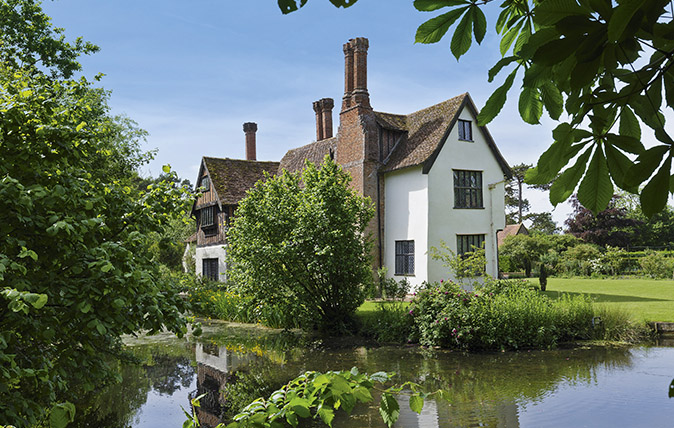
A superb Tudor house boasting splendid panelling from Hampton Court Palace
The Gosnold family, who built tranquil Otley Hall at Otley, boasted high-flying connections in the Tudor period.
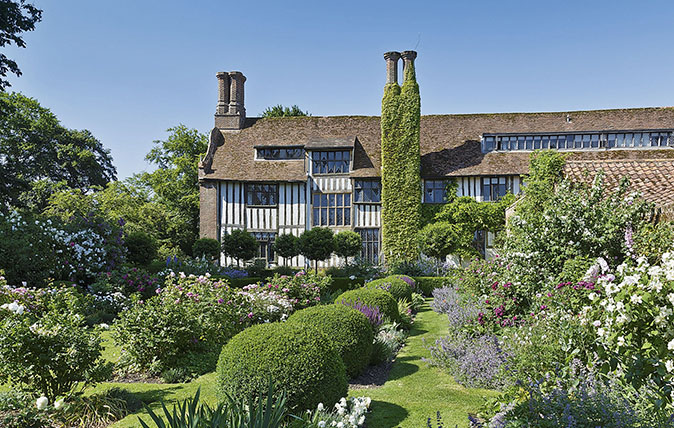
A Tudor house up for sale that stayed in one family for nearly a thousand years
The site of picturesque Flemings Hall at Bedingfield was granted by William the Conqueror and remained in the same family
-
 'Monolithic, multi-layered and quite, quite magnificent. This was love at first bite': Tom Parker Bowles on his lifelong love affair with lasagne
'Monolithic, multi-layered and quite, quite magnificent. This was love at first bite': Tom Parker Bowles on his lifelong love affair with lasagneAn upwardly mobile spaghetti Bolognese, lasagne al forno, with oozing béchamel and layered meaty magnificence, is a bona fide comfort classic, declares Tom Parker Bowles.
By Tom Parker Bowles Published
-
 Country houses, cream teas and Baywatch: Country Life Quiz of the Day, April 24, 2025
Country houses, cream teas and Baywatch: Country Life Quiz of the Day, April 24, 2025Thursday's Quiz of the Day asks exactly how popular Baywatch became.
By Toby Keel Published
-
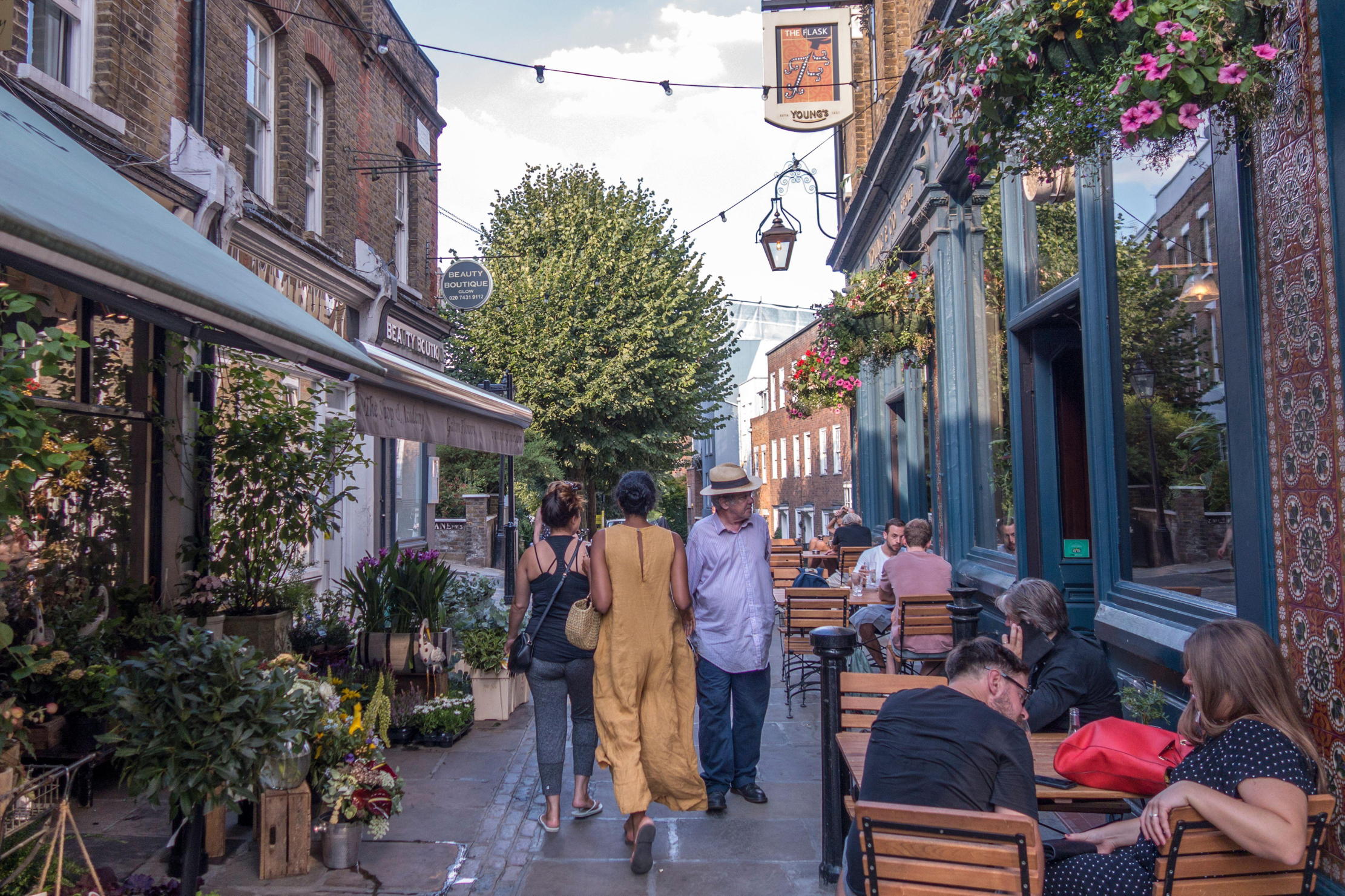 A day walking up and down the UK's most expensive street
A day walking up and down the UK's most expensive streetWinnington Road in Hampstead has an average house price of £11.9 million. But what's it really like? Lotte Brundle went to find out.
By Lotte Brundle Last updated
-
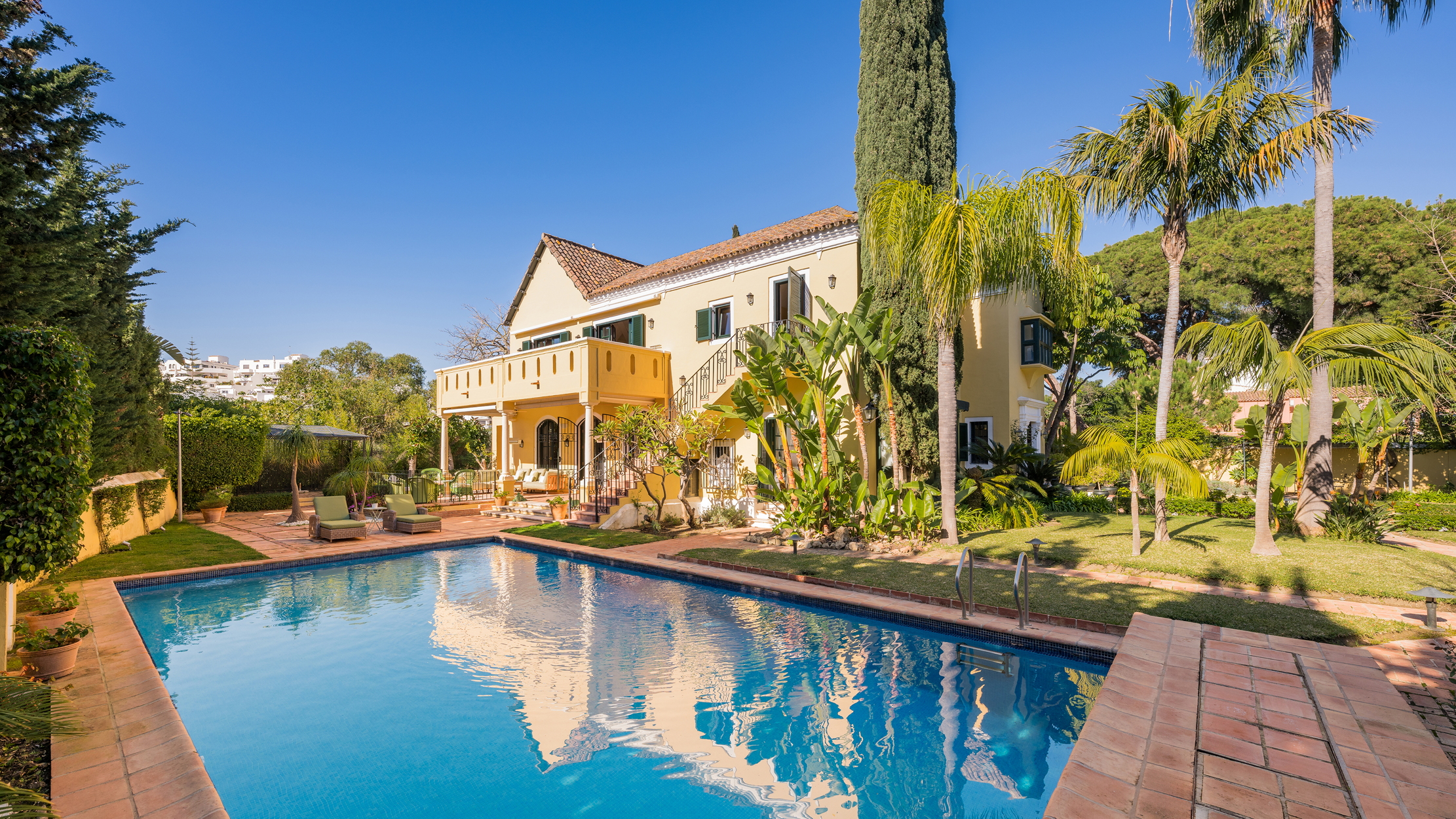 Damon Hill's former home in Marbella is the perfect place to slow down
Damon Hill's former home in Marbella is the perfect place to slow downThe glorious Andalusian-style villa is found within the Lomas de Marbella Club and just a short walk from the beach.
By James Fisher Published
-
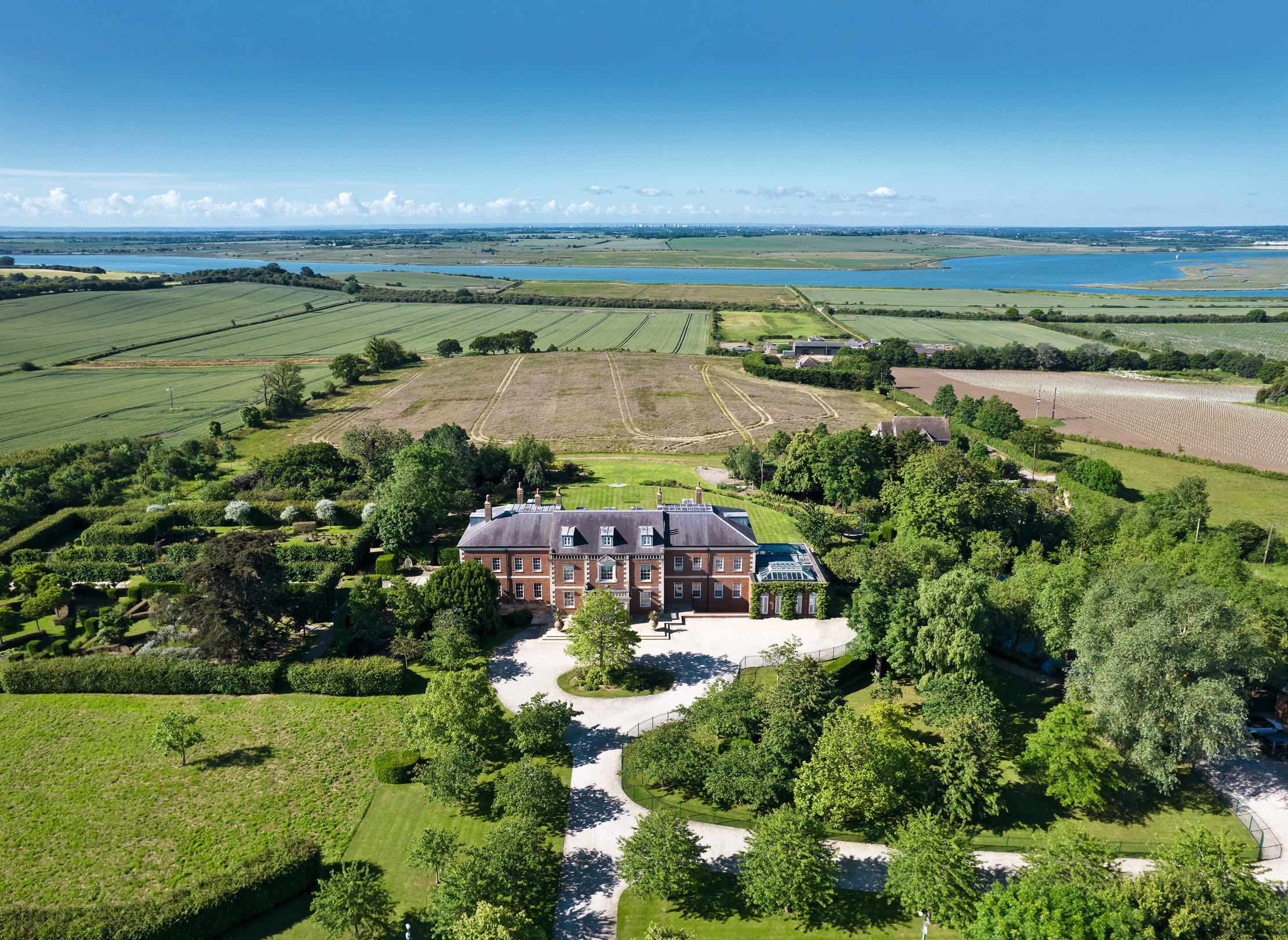 A 327-acre estate in the heart of 'England’s Côte d’Or', with a 26,000sq ft Georgian style home at its heart
A 327-acre estate in the heart of 'England’s Côte d’Or', with a 26,000sq ft Georgian style home at its heartStokes Hall in the Crouch Valley is an inspiring property looking for a new owner.
By Penny Churchill Published
-
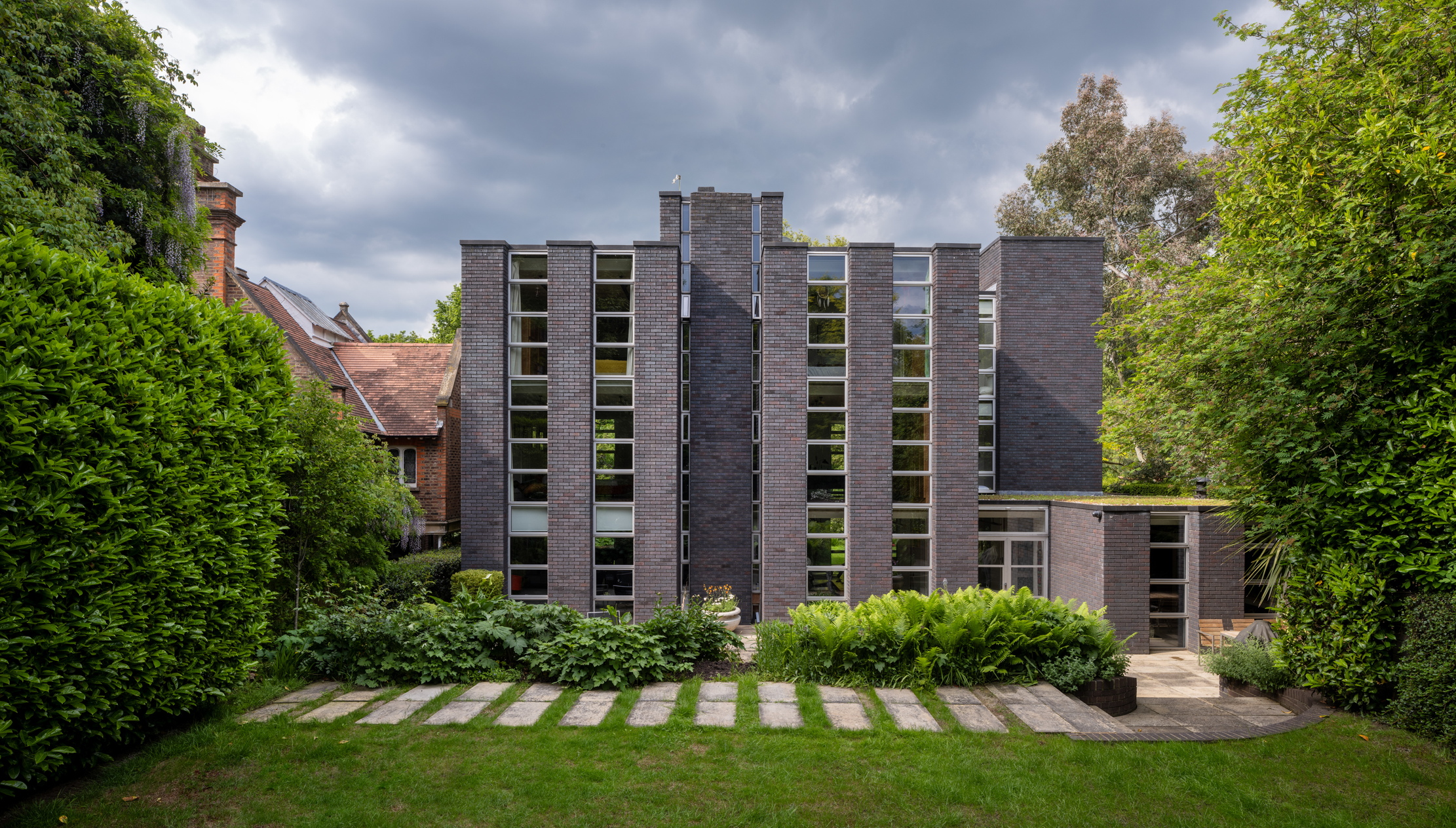 Schreiber House, 'the most significant London townhouse of the second half of the 20th century', is up for sale
Schreiber House, 'the most significant London townhouse of the second half of the 20th century', is up for saleThe five-bedroom Modernist masterpiece sits on the edge of Hampstead Heath.
By Lotte Brundle Published
-
 Is the 'race for space' officially over?
Is the 'race for space' officially over?During the lockdowns, many thought the countryside was the place to be. It seems many are now changing their minds.
By Annabel Dixon Last updated
-
 What's a 'wellness village' and will it tempt you back into the office?
What's a 'wellness village' and will it tempt you back into the office?The team behind London's first mixed-use ‘wellness village’ says it has the magic formula for tempting workers back into offices.
By Annunciata Elwes Published
-
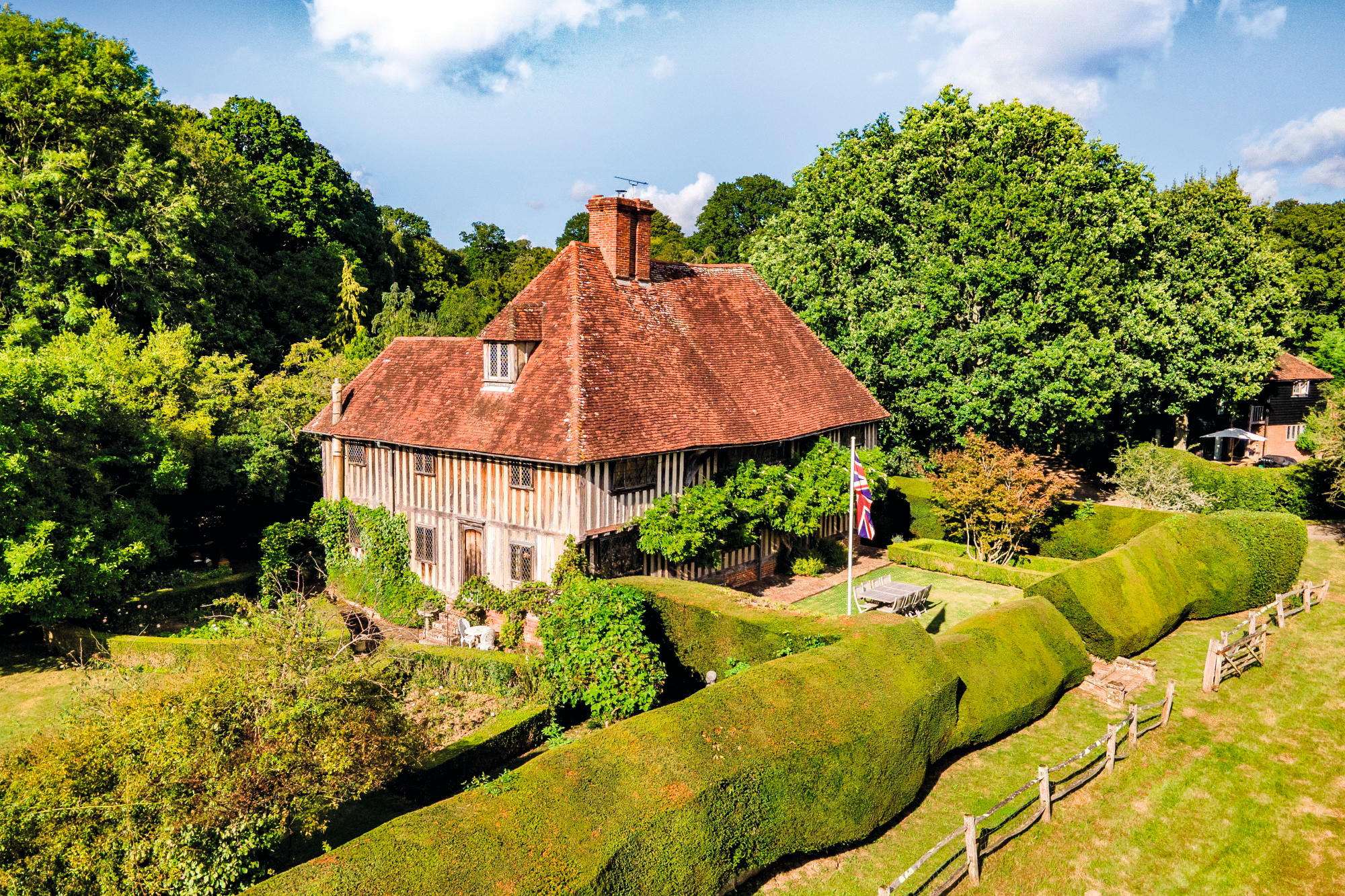 A mini estate in Kent that's so lovely it once featured in Simon Schama's 'History of Britain'
A mini estate in Kent that's so lovely it once featured in Simon Schama's 'History of Britain'The Paper Mill estate is a picture-postcard in the Garden of England.
By Penny Churchill Published
-
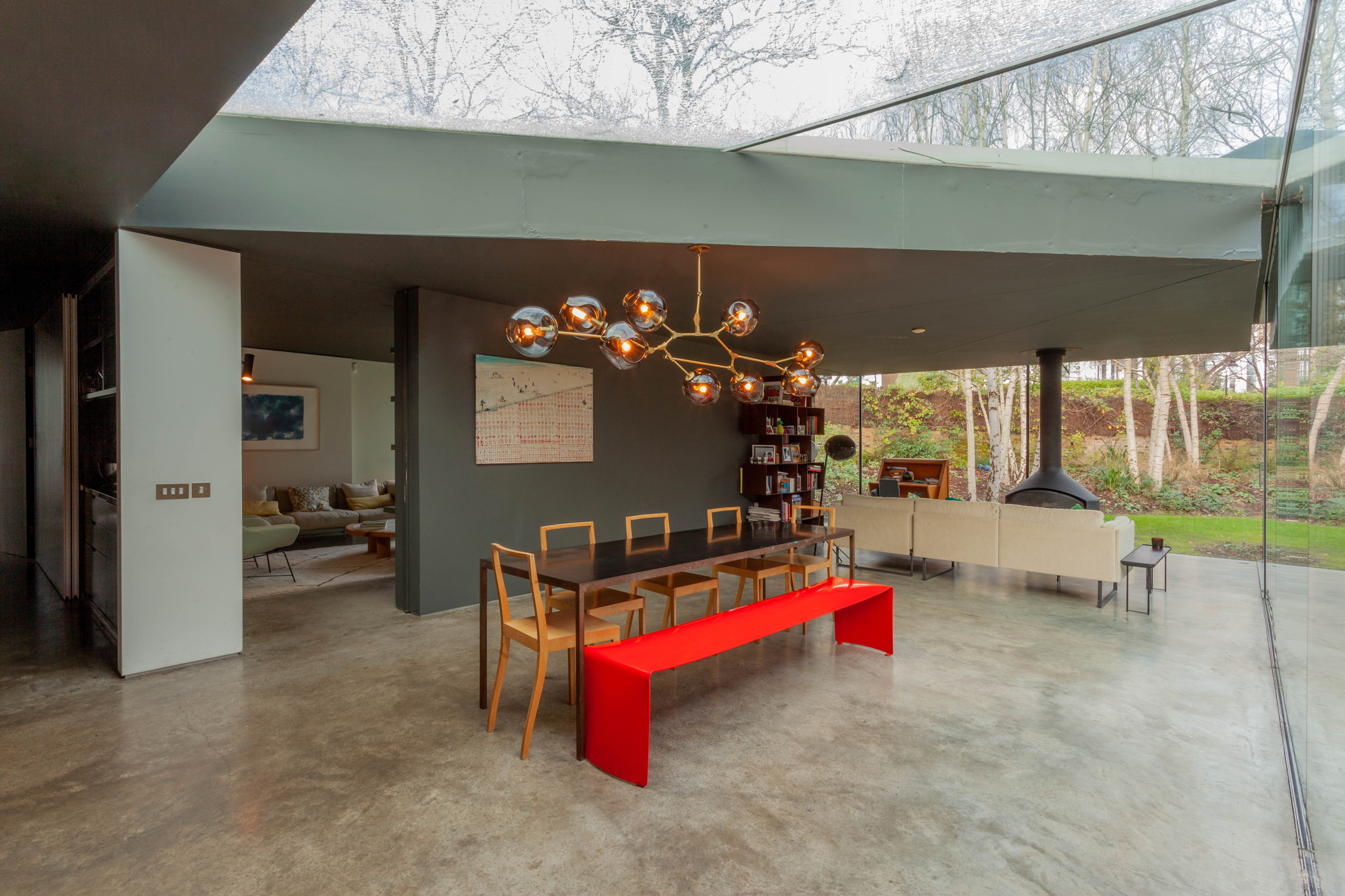 Hidden excellence in a £7.5 million north London home
Hidden excellence in a £7.5 million north London homeBehind the traditional façades of Provost Road, you will find something very special.
By James Fisher Published
